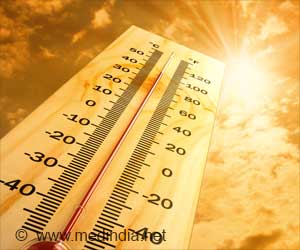Air pollution poses serious health risks, affecting respiratory health and increasing chronic diseases.

Delhi Air Pollution: Real-time Air Quality Index (AQI)
Go to source).
Delhi Chokes: Severe Air Pollution Grips the Capital
Delhi's average AQI stood at 294 at 7:30 A.M, as per the Central Pollution Control Board (CPCB). About 18 areas reported AQI levels above 300, indicating a 'very poor' category. The most affected areas included Anand Vihar (380), IGI Airport (341), RK Puram (340), and Punjabi Bagh (335). Additionally, AQI levels between 200 and 300, indicating 'poor' air quality, were recorded in 19 other areas, including Alipur (295), Jawaharlal Nehru Stadium (284), and Mundka (288).‘Delhi's #airquality has deteriorated significantly due to stubble burning, weak winds, and illegal firecracker use. This poses serious health risks. #airpollution’





“Clean air is our right. We need air for life that should have oxygen and not pollutants. Only then can we be healthy, else no organ in the body can remain unaffected by air pollution,” Dr. Anil Goyal, MBBS, MS - General Surgery, MCh - Urology and former IMA President, told IANS. He noted that air pollution can lead to infections in the windpipe and lungs. “The presence of particulate matter in the body can cause pneumonia and bronchitis. It can also worsen conditions for people already suffering from asthma and lead to hospitalisation and ICU admissions.” Goyal said, noting that children and patients with hypertension, cardiac diseases, and kidney dialysis are the most vulnerable.
The health expert stated that air pollution is also causing allergies, leading to irritation and watering of the eyes; and throat infections.“PM2.5 microns can pass through the bloodstream and cause damage to lungs, liver, and kidneys,” Goyal said. Increasing levels of air pollution can also have a profound impact on mental health.
Dr. Jyoti Kapoor, Founder & Director, Manasthali Wellness told IANS that exposure to PM2.5 and toxic gases can impact mental health. “This can cause many psychological and emotional problems. Prolonged exposure to air pollution increases stress, anxiety, and depression,” Kapoor said.
To prevent the range of conditions, Goyal suggested the residents to keep sprinkling water in localities to curb the dust; use air purifiers at home; do not burn garbage; use less of own vehicles, but use state-sponsored buses, and metros to travel.
Advertisements
Reference:
- Delhi Air Pollution: Real-time Air Quality Index (AQI) - (https://aqicn.org/city/delhi/)
Source-IANS










